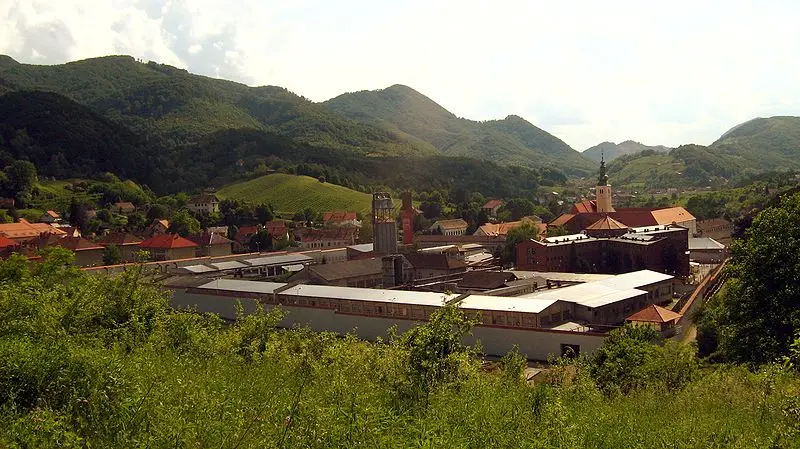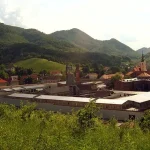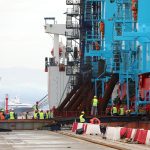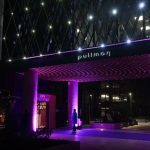As Darko Bicak/Poslovni Dnevnik writes on the 16th of July, 2020, although Lepoglava developed as a religious and scientific centre from its very inception back during the Middle Ages, all the way up until the middle of the 19th century, the decision of the Austro-Hungarian authorities in 1854 was to turn a former monastery, which was a university for a long time, into a prison. That event is remembered and marked in this small, typically overlooked town in Varaždin County to this very day.
There is almost no significant Croatian politician in the past hundred years who has not been imprisoned in Lepoglava (which says a lot), the most famous among them are certainly Franjo Tudjman and Alojzije Stepinac.
As the Lepoglava Penitentiary is a large system, it has a significant impact on the economy of the town, due to the workshops within the prison, but also due to the rehabilitation of convicts put to work in the city before their release.
However, in the City of Lepoglava, they want to move away from such a view of their area and make strong efforts to make it a desirable place to invest, and thus create economic prosperity and a better life for its residents.
The central tool for this should be the Lepoglava Business Zone, which already sees the work of about ten companies with about 200 employees in total, and over recent days, the arrival of an Italian manufacturer of construction materials, Ediltec from Modena, Italy, which should start its styrofoam production in Lepoglava, has been announced.
As Hrvoje Kovac, the deputy mayor of Lepoglava, explainsed so far, the Italians, Turks, Germans and a couple of potential Croatian investors have come to the zone to examine the possibility of investing in Lepoglava.
”Potential investors were mostly looking at facilities that could be reactivated in an entrepreneurial sense. The last one who came to us has very serious intentions to turn the space of old Zagorjeplet into a production plant. The company Modil, based in Modena, which is engaged in the production of styrofoam, became the owner of the facility and, according to the executive director, next year, after the adaptation, they would start the production of styrofoam. If everything goes according to plan, it will mean the creation of new jobs and the employment of between 20 and 30 workers, from unskilled workers to workers with higher education. We hope that this time, the potential brownfield investment will be realised in full,” said Kovac.
He added that the revitalisation of that “brownfield” part of the Lepoglava Business Zone would have a significant social and economic effect through new employment, but on the other hand it would also open the doors for potential new investors because the reference of the zone with a renowned investor from Italy, and with existing companies there, advantage could be taken in the sense of those looking for fully communally equipped land that is very competitively priced.
City grants and incentives…
”This brownfield investment in Lepoglava is a kind of economic flywheel of our local community and we’re looking forward to it coming to fruition. The more jobs, the better things are for Lepoglava and those living there. The Lepoglava Business Zone has been systematically developing for many years and a lot of money and effort has been invested in it, so that today, it can offer potential investors communally fully equipped plots for immediate business start-ups. It covers 53.50 hectares of regulated land on which there are currently a dozen businesses employing 186 people. There are currently eight more plots available for new investments in the zone, for which we have a constantly open public call. The primary purpose of our zone is to attract investors from the production and service industry who could employ the local population,” Kovac added.
He is also aware that Lepoglava is not immune to the challenges of the modern age that are coming to be as a result of the current global economic crisis.
“Small towns like Lepoglava always have a problem with the increasing departures of young people, with an aging population and with poorer transport connections, which is primarily seen in the weakening of economic activity. However, through various forms of support, incentives and involvement of the private and economic sector in planning the development of the local community, we try to respond to these challenges and offer various solutions to make Lepoglava economically active again and to work and live from it,” he said, concluding that in Lepoglava, they no longer want to watch the departures of young families and Kovac believes that through such investments and a proactive approach to finding similar ones, they can respond to all challenges.
For more, follow our lifestyle page.










